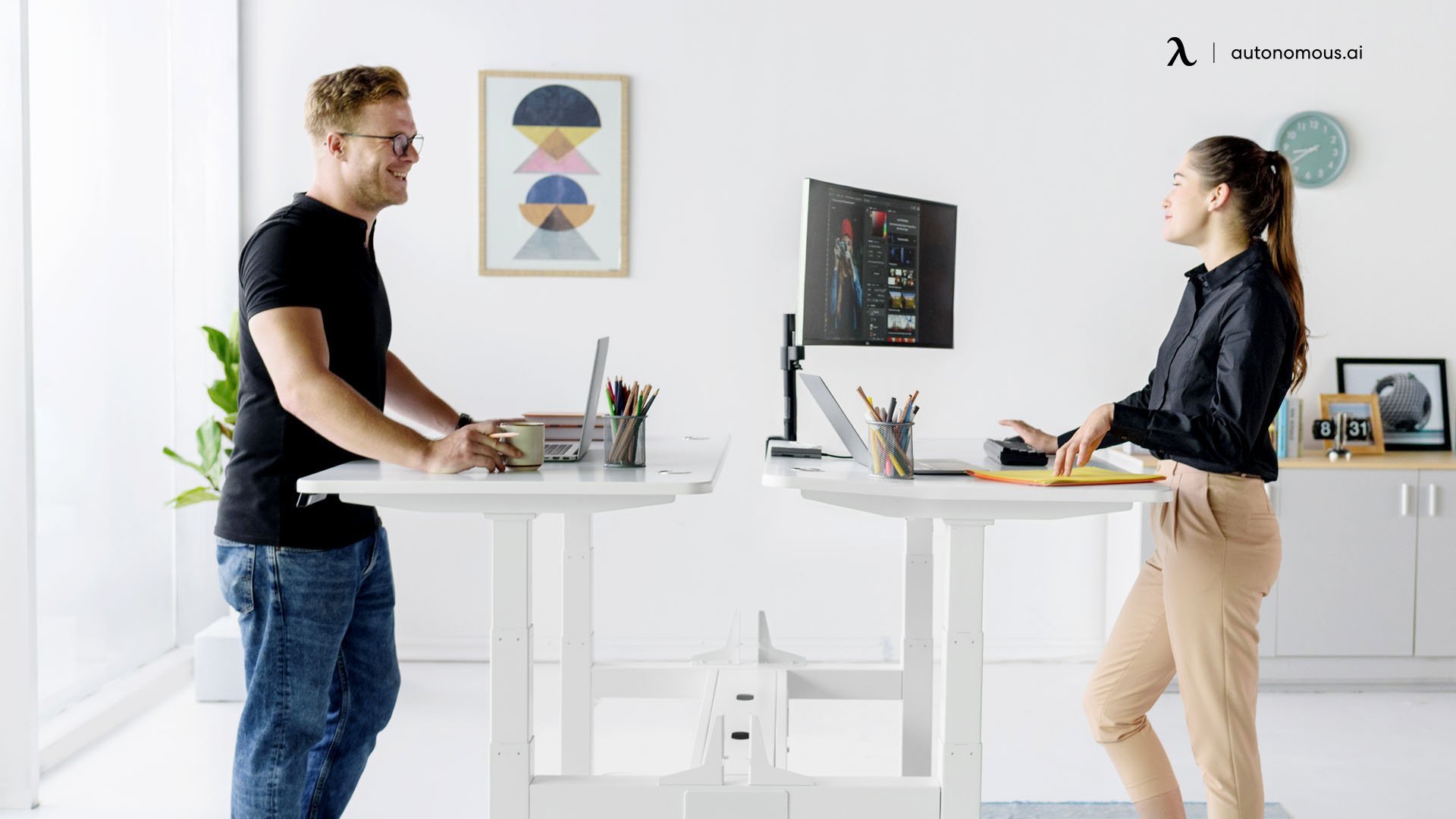
Table of Contents
A well-maintained office environment relies on proper office cubicle etiquette to ensure productivity, respect, and a harmonious workplace. Since cubicles offer a balance of privacy and openness, employees must be mindful of noise levels, personal space, and common courtesies. Understanding cubicle etiquette 101 helps prevent workplace distractions, misunderstandings, and tension among colleagues.
In this guide, we’ll explore essential office cubicle etiquette rules, including the do’s and don’ts of sharing an open office space and tips for handling workplace etiquette issues professionally.
The Importance of Office Cubicle Etiquette
Unlike private offices, cubicles create a semi-open environment where employees share close quarters. Without proper work cubicle etiquette, small inconveniences—such as loud phone calls or food odors—can lead to frustration and workplace dissatisfaction.
Practicing workplace cubicle etiquette fosters a more productive and professional atmosphere by:
- Minimizing distractions: Reducing noise and interruptions helps employees focus.
- Maintaining respect: Acknowledging personal space and boundaries strengthens workplace relationships.
- Encouraging professionalism: A tidy and respectful cubicle reflects a positive work ethic.
- Preventing conflicts: Clear etiquette guidelines help avoid common workplace disputes.
By following established office cubicle etiquette rules, employees can create a cooperative work environment that benefits everyone.
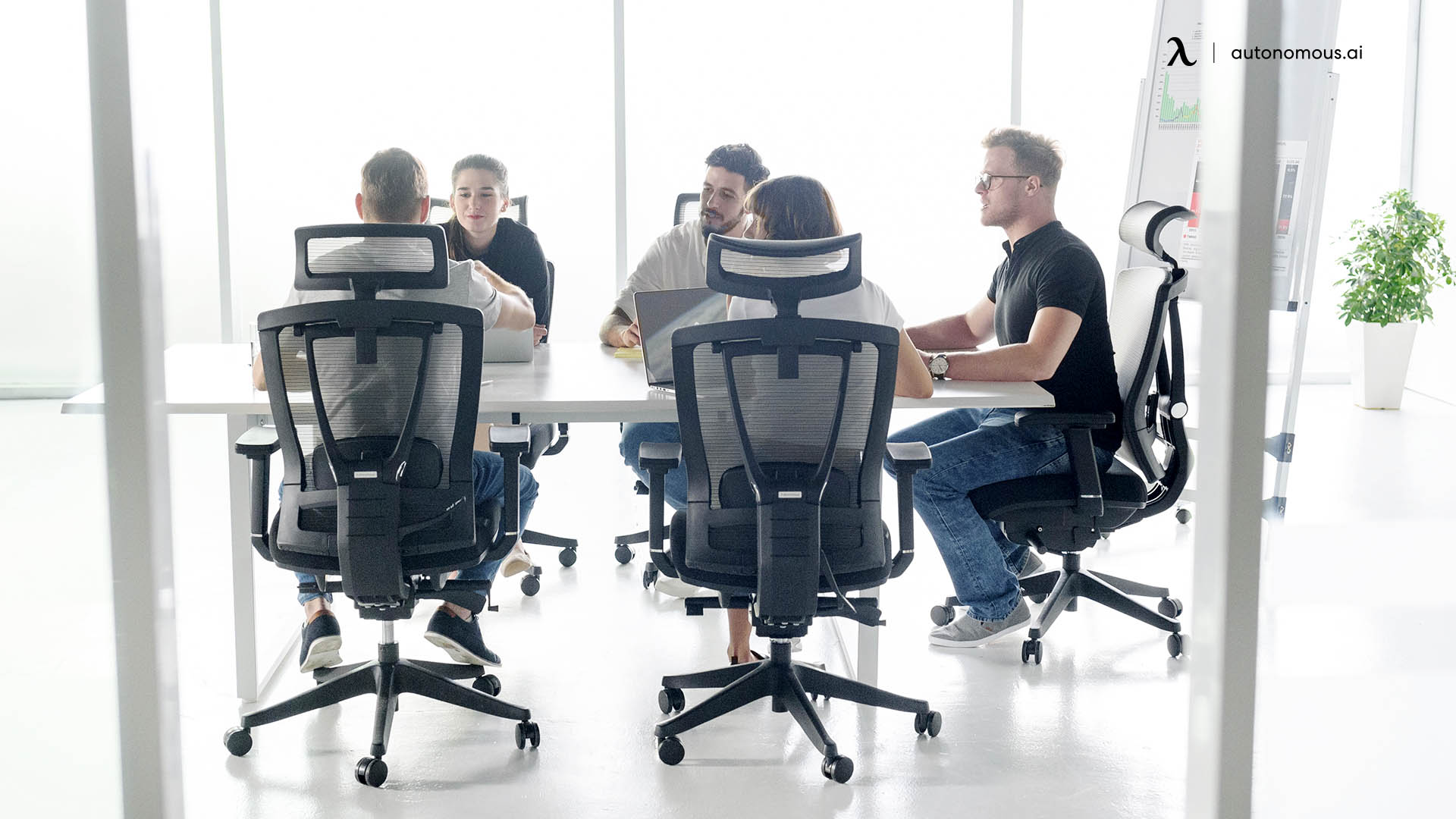
For more insights:
Small office cubicle decoration ideas
The Do’s of Office Cubicle Etiquette
A well-maintained office cubicle environment relies on employees respecting shared space and practicing workplace cubicle etiquette. Following these do’s will help foster a professional, respectful, and productive work environment.
1. Keep Noise Levels in Check
Cubicles provide a semi-private workspace, but noise can still travel easily. Being mindful of sound ensures you’re not disrupting your colleagues.
- Speak in a moderate tone: Whether you're on a call or having a quick chat with a coworker, keeping your volume at a reasonable level prevents unnecessary distractions.
- Use headphones for music and videos: Never play music or videos out loud, even at a low volume. Noise-canceling headphones are ideal for focusing without disturbing others.
- Be mindful of keyboard and mouse noise: Loud typing or excessive clicking can be distracting. Consider using a quiet mechanical keyboard or typing softly to minimize disruptions.
- Keep phone conversations brief and quiet: Personal calls should be kept at a low volume, and if possible, taken in a private area.
Bonus Tip: If you frequently need to take calls, consider using a headset with noise cancellation to reduce background noise and maintain professionalism.
2. Maintain a Clean and Organized Cubicle
A cluttered cubicle not only makes it difficult for you to work efficiently but also affects the overall appearance of the office.
- Keep paperwork neatly filed or stacked: Piles of paper can quickly become unmanageable. Use file organizers or drawers to store important documents.
- Dispose of trash promptly: Empty coffee cups, food wrappers, or tissues should be thrown away immediately to maintain a clean space.
- Wipe down surfaces regularly: Dust and food crumbs can accumulate, making your space unhygienic. Keep cleaning wipes handy to maintain cleanliness.
- Manage cables properly: Use cable organizers to keep power cords and chargers neat and prevent tripping hazards.
Bonus Tip: A well-organized desk can also improve your workflow, making it easier to locate essential items and reducing stress.

3. Respect Personal Space and Privacy
Even though cubicles are open spaces, they still define individual work areas that should be respected.
- Knock or announce yourself before entering a colleague’s cubicle: Avoid startling someone who is focused on a task.
- Give coworkers physical space: Avoid standing too close to someone's desk or leaning against their cubicle walls.
- Minimize interruptions: If a coworker is wearing headphones or deeply focused, avoid unnecessary interruptions unless it's urgent.
Bonus Tip: If you need to speak with someone for more than a minute or two, consider suggesting a quick meeting in a conference room instead of hovering over their desk.
4. Be Scent-Conscious
While personal preferences vary, strong scents can be overwhelming in a shared workspace.
- Limit the use of perfumes and colognes: Some colleagues may have allergies or sensitivities to strong fragrances.
- Keep food odors in check: If possible, eat meals in a designated break room instead of at your desk, especially if the food has a strong aroma.
- Dispose of food waste properly: Seal leftovers in airtight containers and throw trash away in a common disposal area rather than your cubicle bin.
Bonus Tip: If you enjoy having a scented candle or air freshener, opt for subtle or neutral scents that won’t overpower the office air.
5. Use Email or Messaging for Non-Urgent Communication
Face-to-face conversations can be effective, but some discussions are better handled through digital communication.
- Use instant messaging or email for quick questions: Avoid walking over to a colleague’s cubicle for minor inquiries that can be resolved online.
- Schedule meetings instead of impromptu discussions: If a topic requires more than a quick response, setting up a meeting ensures a more productive conversation.
- Respect response times: Just because a message is sent instantly doesn’t mean your colleague can reply immediately. Be patient if they’re occupied.
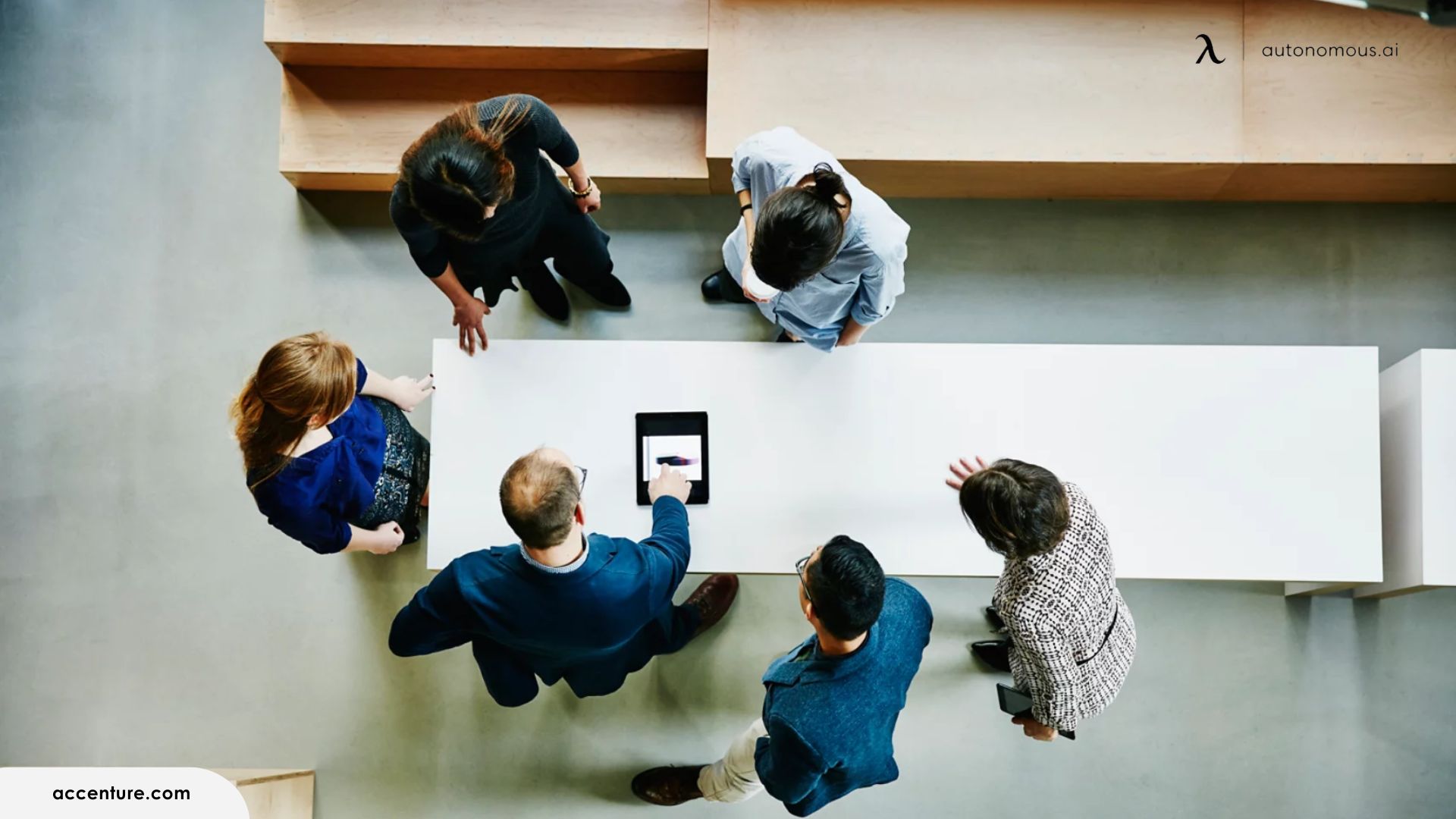
For more insights:
Modular office vs. cubicle office
The Don’ts of Office Cubicle Etiquette
Just as important as knowing what to do is understanding what not to do in a shared workspace. Here are some of the most common cubicle etiquette don’ts to avoid.
1. Don’t Talk Loudly on the Phone
Cubicle walls don’t provide soundproofing, so loud phone conversations can quickly become a distraction.
- Avoid speakerphone calls: Always use a headset or handset instead of placing your calls on speaker.
- Keep personal calls private: If you need to discuss personal matters, step outside or use a private room instead of talking openly at your desk.
- Refrain from multitasking during calls: Typing loudly or having background noise while on a call can make conversations difficult for the other party.
Bonus Tip: If your job requires frequent phone calls, consider finding a quiet meeting space to avoid disturbing others.
2. Don’t Invade Others’ Personal Space
Even in an open office, employees still value their workspace boundaries.
- Don’t lean over cubicle walls: Respect the divider as a boundary and avoid peeking over.
- Don’t borrow office supplies without asking: Even if it’s just a stapler, always get permission before using a coworker’s belongings.
- Avoid using a colleague’s workstation while they’re away: Their space is personalized to their workflow, and uninvited use can disrupt their organization.
Bonus Tip: If you need to borrow something regularly, it’s best to stock up on your own office supplies instead of relying on others.
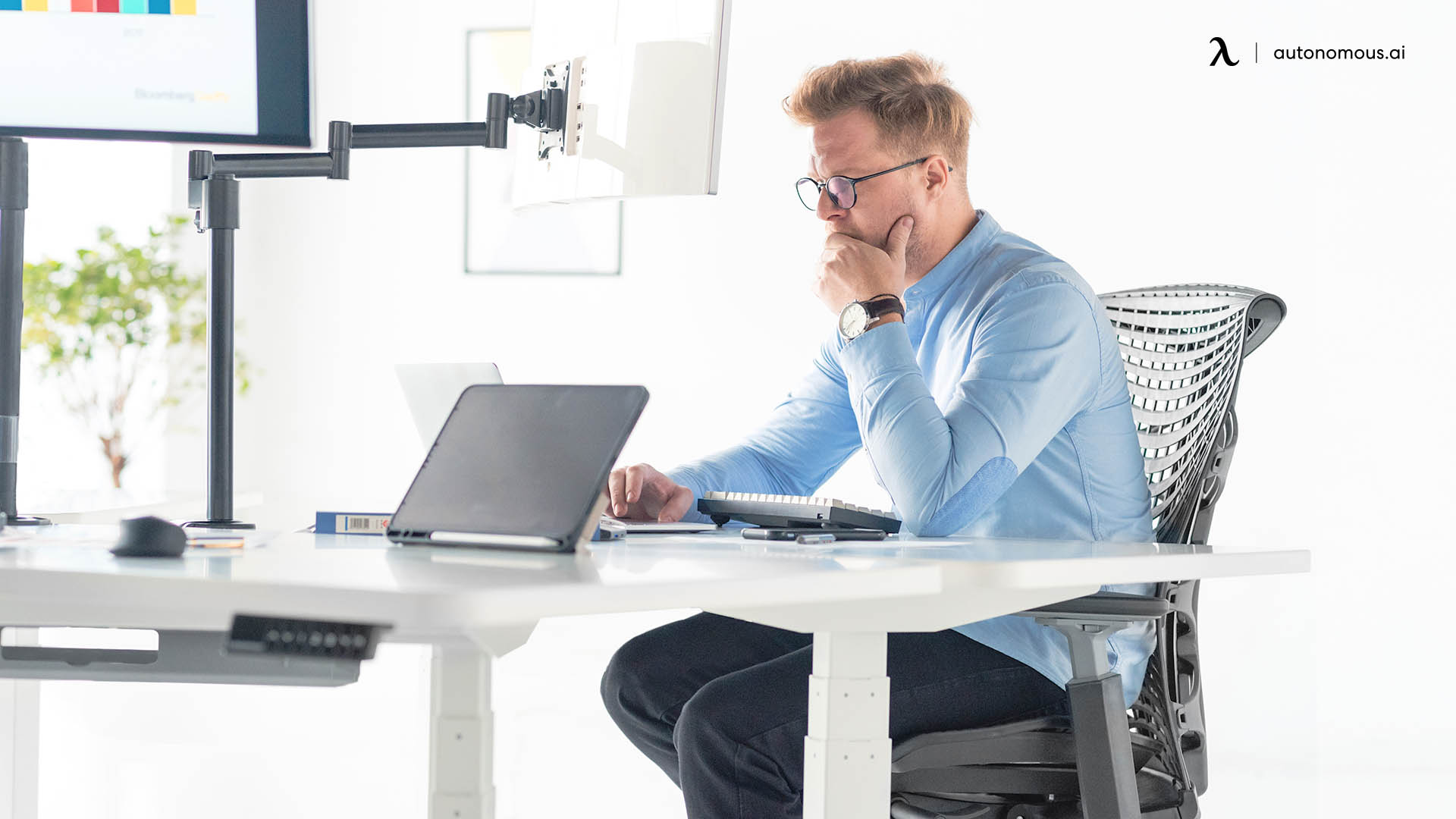
3. Don’t Eat Strong-Smelling or Messy Foods at Your Desk
Food etiquette is one of the biggest sources of frustration in shared office spaces.
- Avoid meals with overpowering smells: Fish, curry, garlic-heavy dishes, and fast food are best eaten in the breakroom.
- Don’t leave food waste in your cubicle trash: Leftover food can quickly become unpleasant for nearby coworkers.
- Refrain from noisy eating habits: Loud chewing, slurping, or crunching can be distracting to others.
Bonus Tip: If you’re unsure whether a food is appropriate for desk dining, opt for something neutral and quiet to eat.
4. Don’t Interrupt Your Coworkers
While collaboration is essential, knowing when to let your coworkers focus is equally important.
- Don’t interrupt someone wearing headphones: This often signals they’re focused and don’t want to be disturbed.
- Avoid hovering over someone’s cubicle: If a colleague is busy, send them a message instead of standing and waiting for their attention.
- Don’t engage in prolonged personal conversations: While casual chat is fine, extended discussions should be taken outside of the main work area.
Bonus Tip: If you need to ask a coworker something urgent, try messaging them first to see if they’re available.
5. Don’t Use Strong Fragrances or Spray Air Fresheners
Scents affect the entire workspace, so be mindful of allergies and sensitivities.
- Avoid excessive use of perfume or cologne: Even pleasant scents can be overwhelming in close quarters.
- Don’t spray air fresheners at your desk: Instead, use personal desk fans or ventilation to keep the air fresh.
- Be mindful of cleaning products with strong odors: If you need to wipe down your desk, use unscented or lightly scented cleaning wipes.
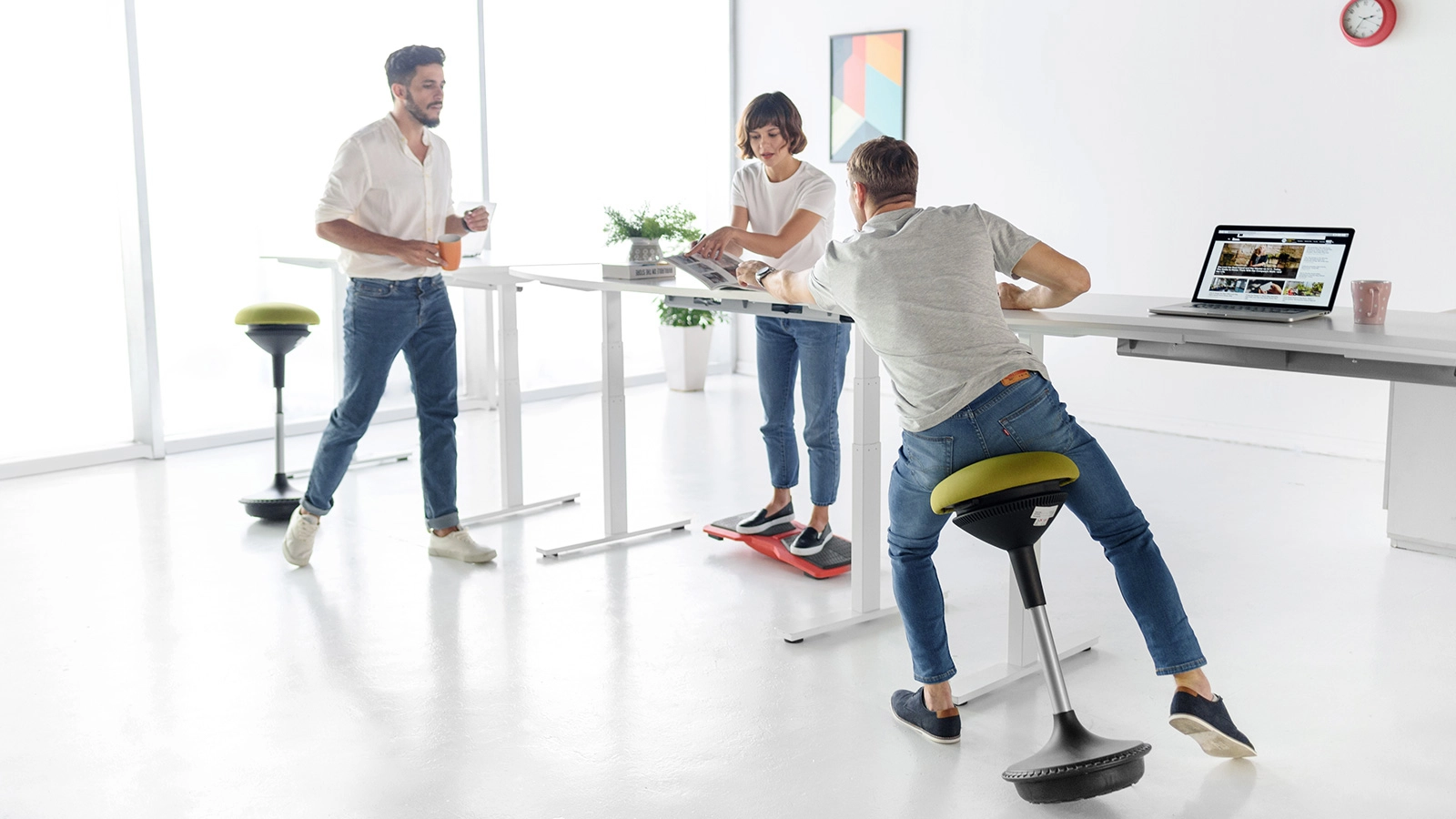
How to Address Cubicle Etiquette Issues with Colleagues
Despite best efforts, workplace etiquette issues may still arise. Knowing how to approach cubicle etiquette violations diplomatically can prevent tension and workplace conflicts.
1. Have a Polite and Constructive Conversation
If a coworker’s behavior is disrupting your work, address it directly but tactfully.
- Use “I” statements to express your concern without sounding confrontational.
- Be specific about the issue—e.g., “I’m having trouble focusing due to the volume of your calls.”
- Propose a solution, such as using headphones or taking calls in a meeting room.
2. Choose the Right Time and Place
Approaching a colleague at the wrong moment can escalate the issue rather than resolve it.
- Speak in private rather than calling them out in front of others.
- Pick a calm moment when neither of you is under stress.
3. When to Involve a Manager
If repeated attempts to resolve the issue fail, it may be necessary to involve a supervisor.
- Escalate the issue professionally, focusing on how it affects workflow.
- Frame the conversation around productivity, rather than personal complaints.
- Propose solutions, such as setting workplace cubicle etiquette guidelines for the whole team.
Addressing workplace etiquette issues respectfully ensures a more collaborative and professional environment.
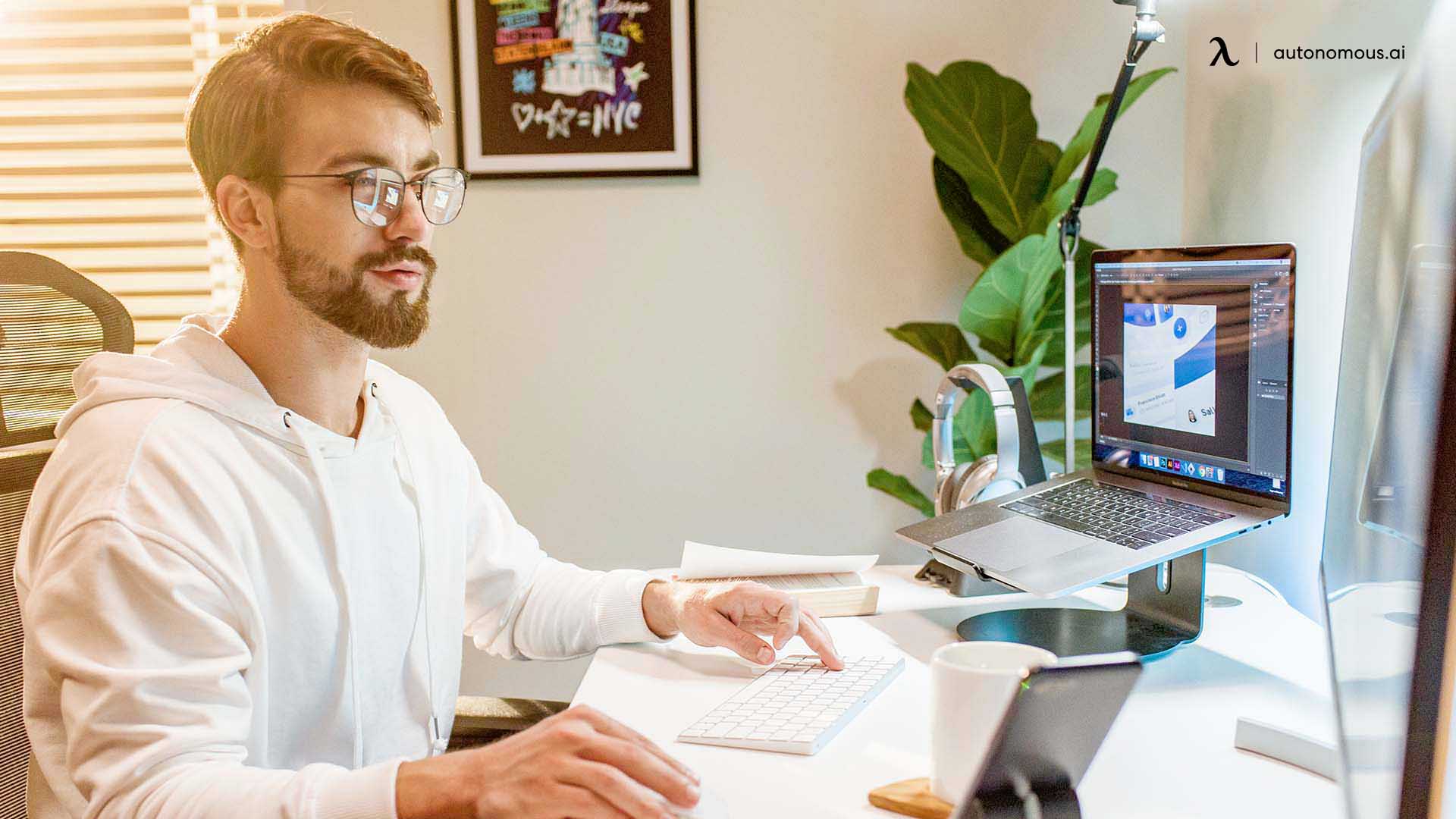
For more insights:
Conclusion
Practicing office cubicle etiquette is essential for maintaining a respectful, productive, and comfortable work environment. By following cubicle etiquette do’s and don’ts, employees can contribute to a more professional workplace where everyone feels valued.
Whether it’s managing noise levels, respecting personal space, or addressing etiquette issues constructively, being mindful of work cubicle etiquette benefits both individual productivity and overall office harmony.
Stay connected with us!
Subscribe to our weekly updates to stay in the loop about our latest innovations and community news!
Interested in a Link Placement?
Spread the word
.svg)
.svg)


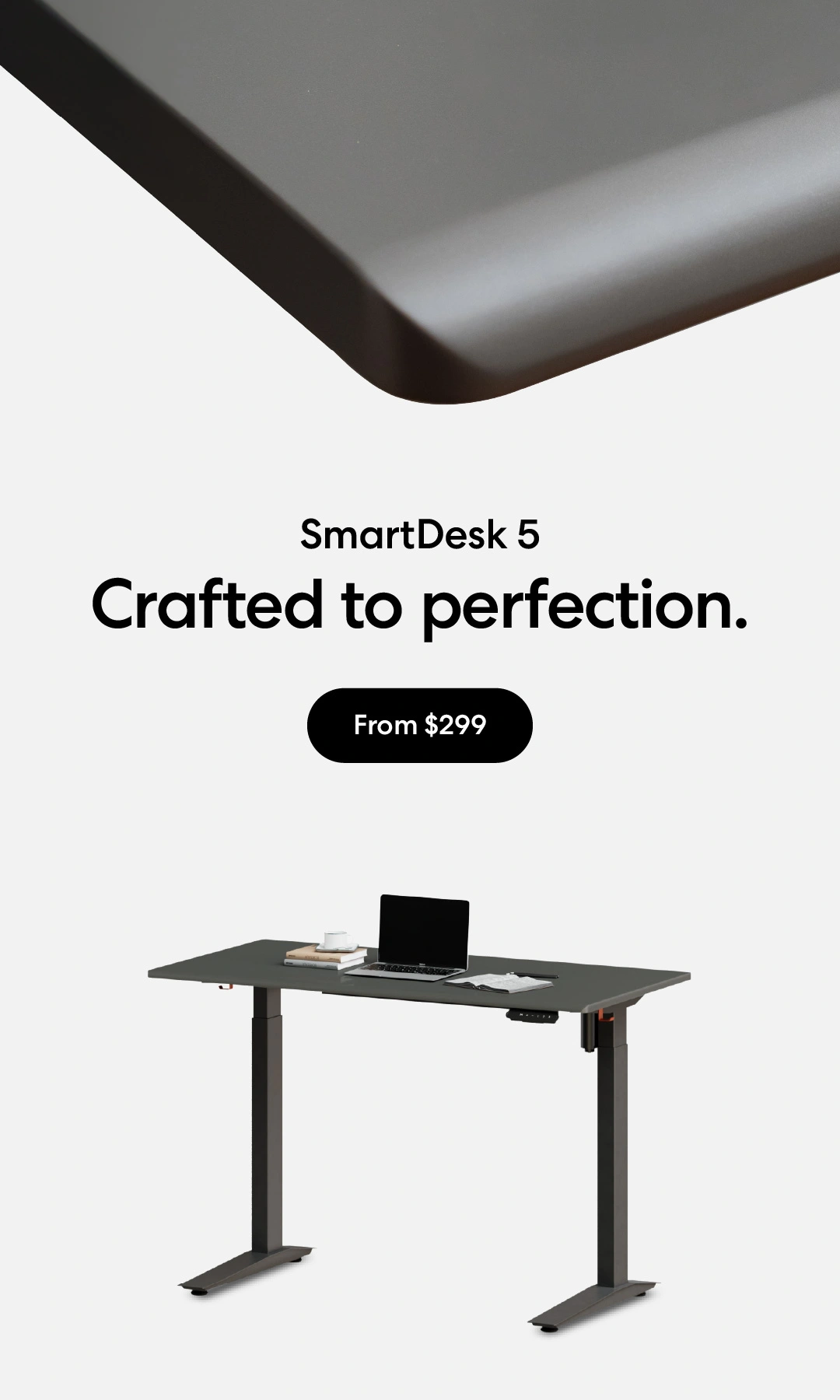
/https://storage.googleapis.com/s3-autonomous-upgrade-3/production/ecm/230914/bulk-order-sep-2023-720x1200-CTA-min.jpg)
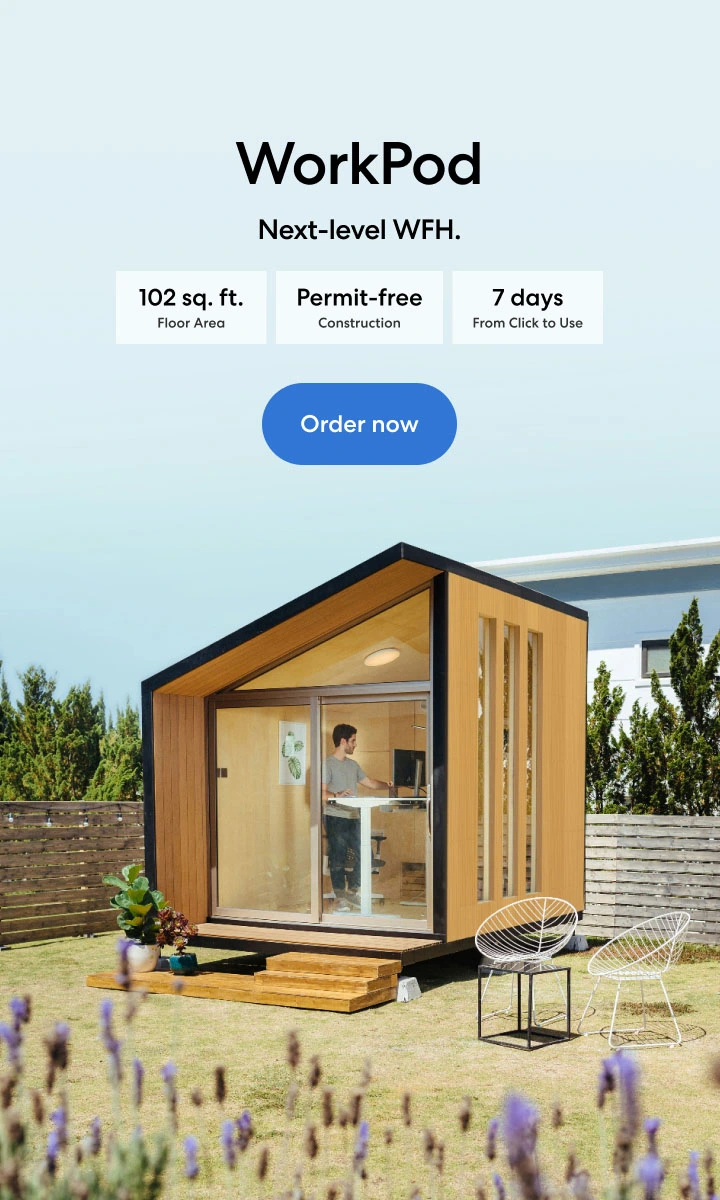
/https://storage.googleapis.com/s3-autonomous-upgrade-3/production/ecm/230920/Untitleddesign.jpg)